Anonib
Introduction
- The internet has always been a hub for anonymous interactions.
- The platforms like Anonib have emerged to cater to this demand.
- However, beneath the surface of anonymity lies a complex web of:
- Risks
- Concerns
- This blog explores the concept of Anonib, and its inherent risks, and provides practical tips for maintaining ethical and secure engagement online.
What Is Anonib?

- Anonib, is an anonymous image-sharing platform.
- On this platform, users can post and view content without disclosing personal information.
- This anonymity appeals to many who:
- Value privacy or
- Wish to share content without judgment
- However, this lack of transparency also opens the door to misuse, such as:
- The sharing of non-consensual images
- Other illegal content
Challenges of Using Anonib
Privacy and Security Risks
- Despite the allure of anonymity, platforms like Anonib carry significant privacy risks.
- Sensitive content shared without proper consent can spread widely, violating individuals’ rights and potentially causing harm.
- Users must be cautious in sharing personal information even on anonymous platforms.
Ethical and Legal Concerns
- The anonymity afforded by sites like Anonib can foster unethical practices, such as:
- Distribution of explicit material without consent
- These actions can have serious legal consequences for users and the platform itself.
Lack of Moderation and Accountability
While some platforms implement measures to prevent illegal content, Anonib’s limited moderation can result in the unchecked posting of harmful or unlawful materials, leading to a lack of accountability for users involved in such actions.
How to Protect Yourself on Anonib and Similar Platforms
Navigating platforms like Anonib requires a thoughtful approach to privacy and security. Here are key steps to ensure safe and ethical engagement:
Avoid Sharing Personal Identifiers
Resist the temptation to share personal details, images, or identifiable content. Even anonymous platforms can lead to unintended consequences.
Use VPNs and Secure Browsers
- Use tools like VPNs or privacy-focused browsers to:
- Enhance security
- Mask your IP address
- Ensuring your anonymity is upheld.
Stay Informed on Platform Policies
- Regularly check the terms of service and community guidelines to ensure you are:
- Following the platform’s ethical guidelines
- Reporting harmful content when necessary
Practice Responsible Sharing
- While anonymity may protect your identity,
“It’s crucial to act ethically.”
- Avoid engaging in activities that could harm others or violate their privacy.
Ethical Alternatives for Anonymity
If you prioritize privacy but seek a more responsible, moderated platform, consider these alternatives:
- Signal or Telegram: These apps provide encrypted, private messaging while offering strong user privacy.
- Reddit’s Private Forums: Many subreddits offer anonymity, along with stronger moderation to protect users and ensure ethical guidelines are followed.
These alternatives:
- Offer safer and more structured spaces
- Users can share content while minimizing the risk of unethical or illegal activities
FAQs about Anonib
Why is Anonib considered controversial?
Anonib’s lack of moderation has led to privacy breaches, harmful content sharing, and illegal activities, making it a controversial platform.
What are the legal risks of using Anon-IB?
Users sharing or viewing unlawful content on it can face severe legal consequences, including potential criminal charges and financial penalties.
How can I ensure my privacy on anonymous platforms?
Use VPNs, avoid sharing personal details, and understand the platform’s moderation policies to ensure your identity and safety are protected.
Conclusion
- The platforms like Anonib appear with inherent risks, though they may provide users with a sense of:
- Freedom
- Anonymity
- It’s crucial to:
- Navigate such spaces with caution
- Respect for others’ privacy
- Ensure a clear understanding of the legal and ethical implications
- Engaging responsibly ensures that;
“Digital anonymity remains a tool for safety rather than a gateway to harm.”
Visit our Science and Technology section for more insights on digitalization and digital ethics.







